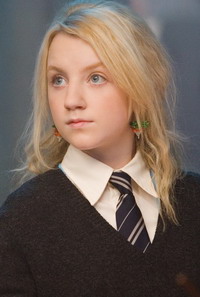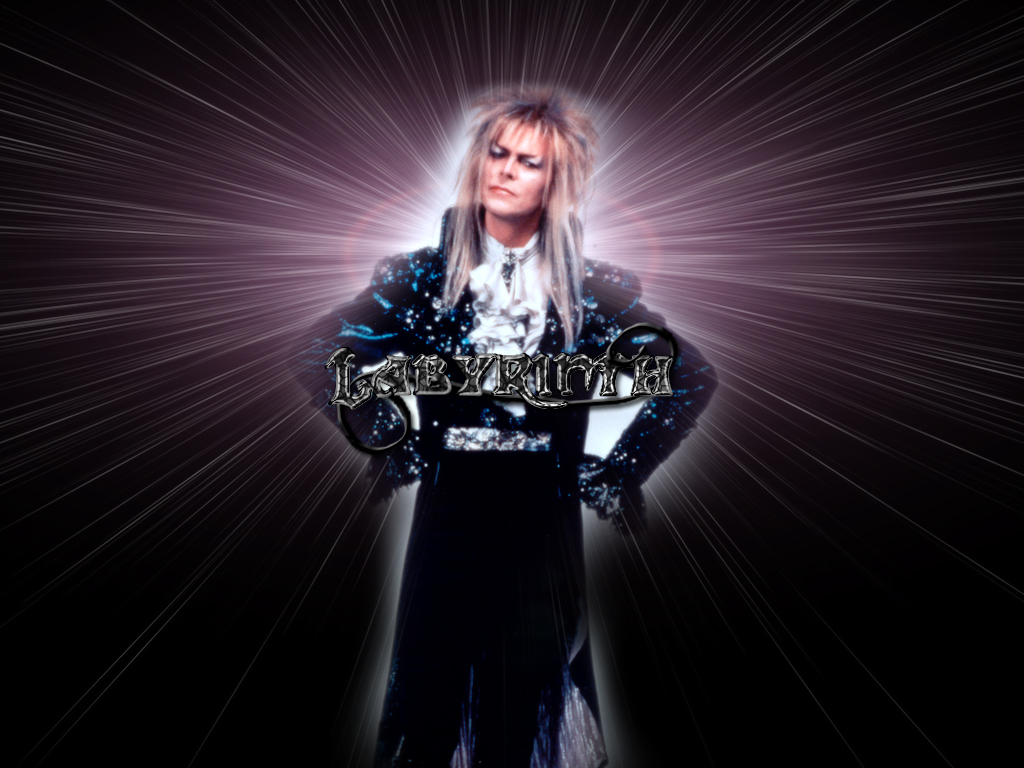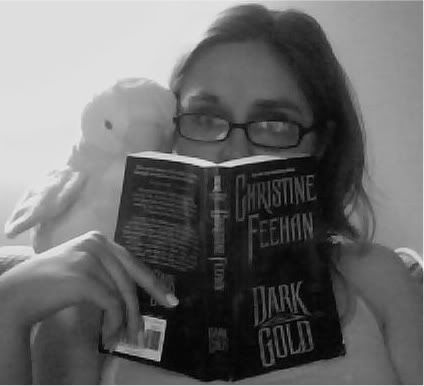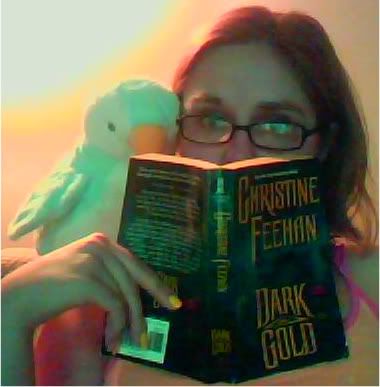Like so many people I'm eagerly awaiting the midnight showing of
Harry Potter and the Deathly Hollows Part 2. Harry Potter is particularly special to me because I grew up with him. This final movie is the end of an era for fans like myself, and it's an occasion that deserves to be marked.
What is is about Harry Potter that compels nerds like myself to sacrifice time and sleep and money? Undeniably, part of the initial appeal is wish fulfillment. What ten year old isn't enchanted by the idea of a secret world full of magic? But that doesn't explain what would keep you reading (and watching) well into your teens and young adulthood. Because, let's face it, Harry himself is not that interesting of a character. He's "the chosen one" savior type character destined to
bring balance to the force save the Shire kill wizard Hitler. Even at the age of 11 I realized how the series was going to end, so why keep reading? For me, aside from enjoying the random amalgam of fantasy elements, I think the main draw was the amazing supporting cast of characters. These books have some great secondary and minor characters, antiheroes and villains.
With this in mind, I present my list of characters that never got enough page time (or screen time). They aren't in and particular order, because frankly I suck at ranking things. Oh, and incidentally, if you haven't yet read all of the books or you're on of those people who's waiting to see the movies (because you can't read at a 4th grade level?) I'm going to be spoiling like crazy from here out. You've been warned.
 Lily and James Potter:
Lily and James Potter: Seriously, why are the savior characters always orphans? Anyway, because Harry never knew his mother or father, what we learn about them in the books comes from pictures and stories related by their friends and the occasional borrowed memory. For me, those tidbits were a highlight of my reading experience. Not only am I curious about the type of people that gave birth to
the chosen one, but the romantic in me wonders how they got together in the first place. By all accounts James was equivalents to the jocks in my high school that would strut down the hall yelling "WUZZUP?!" just for the sake of being obnoxious, while Lily is deeply kind. I'm a sucker for that opposites attract type of relationship, and I wish we had more details. Not that I'm asking for a prequel--look what happened when Star Wars did that.
 Severus Snape:
Severus Snape: Do I really even need to say anything about this one? Dark, twisted antiheroes are always so much more interesting to me than golden boy heroes. Not only is Snape a shady, slimmy guy that you love to hate, he also turns remarkably sympathetic. Seriously, I feel for the guy. Plus he becomes a spy. I realize that writing detailed accounts of a grown man behind enemy lines among Death Eaters, watching and participating in all manner of torture and other evils, would have pushed the books from dark and edgy young adult reading to completely inappropriate. That doesn't stop me from wishing Rowling had.
 Sirius Black:
Sirius Black: My reasons for this one are much simpler. This is my favorite character. When he first appeared in book three, and it sets you up to think he's the villain (which I stupidly believed, but remember that I was 11 at the time) I was already intrigued. He's then built up as a slightly deranged uncle type with a rebellious streak. He's rather unceremoniously murdered in book 5, and it was at this point that I realized that Rowling was slowly picking off each of Harry's mentors and protecters. I never felt like Sirius got a full character arc. I expected more.
Nymphadora Tonks: Ok, yes, this is a very minor character, but a really awesome one. She's young and spunky, with a cool job, and she can
change her appearance at will. If that doesn't call for a comic book series, I don't know what does. I loved every little appearance she made in the books. I even loved her (admittedly out of place and slightly creepy) romance with Lupin. It's unfortunate that she was reduced to tragic cannon fodder in book seven. Kill those characters Rowling! Be
edgy.
 Luna Lovegood:
Luna Lovegood: Another minor character, and I know she annoys a lot of people. But I love slightly crazy characters. She's fun and comical, but also has her own unusual brand of wisdom. This is one case where I feel the actress, Evanna Lynch, has done such a wonderful job with the part that I actually started liking the character more after she appeared in the movies. You get the feeling that she's just lost somewhere in her head and has only the barest grip on actual reality. More crazy girl please!
Ginny Weasley: In this case, I don't want more because I like the character, but because I
don't. There isn't enough about her to convince me. What has she done in this series? Played quidditch and almost got eaten by a snake that one time. This would be fine had she remained insignificant, but Rowling made her significant. She's our hero's love interest--he
marries her for the love of God. In light of that, I want her to be strong and self possessed and have power in her own right. But mostly she's just someone to be concerned about, and keep out of the line of fire.
The Malfoy Family: Again, I like villainous characters. None of them are quite as appealing as Snape, but they are tremendously interesting. The prejudice, the hate, the self importance, the twisted sense of loyalty. We love to hate Draco, but think about how he was raised: this cold, privileged, dark environment that basically brain washes him to think a certain way. His aunt is Bellatrix Lestrange, the absolute crowned queen of crazy family members. I'm not saying I sympathize with them, just that I think they're fascinating. Can I get a sitcom? No?


























